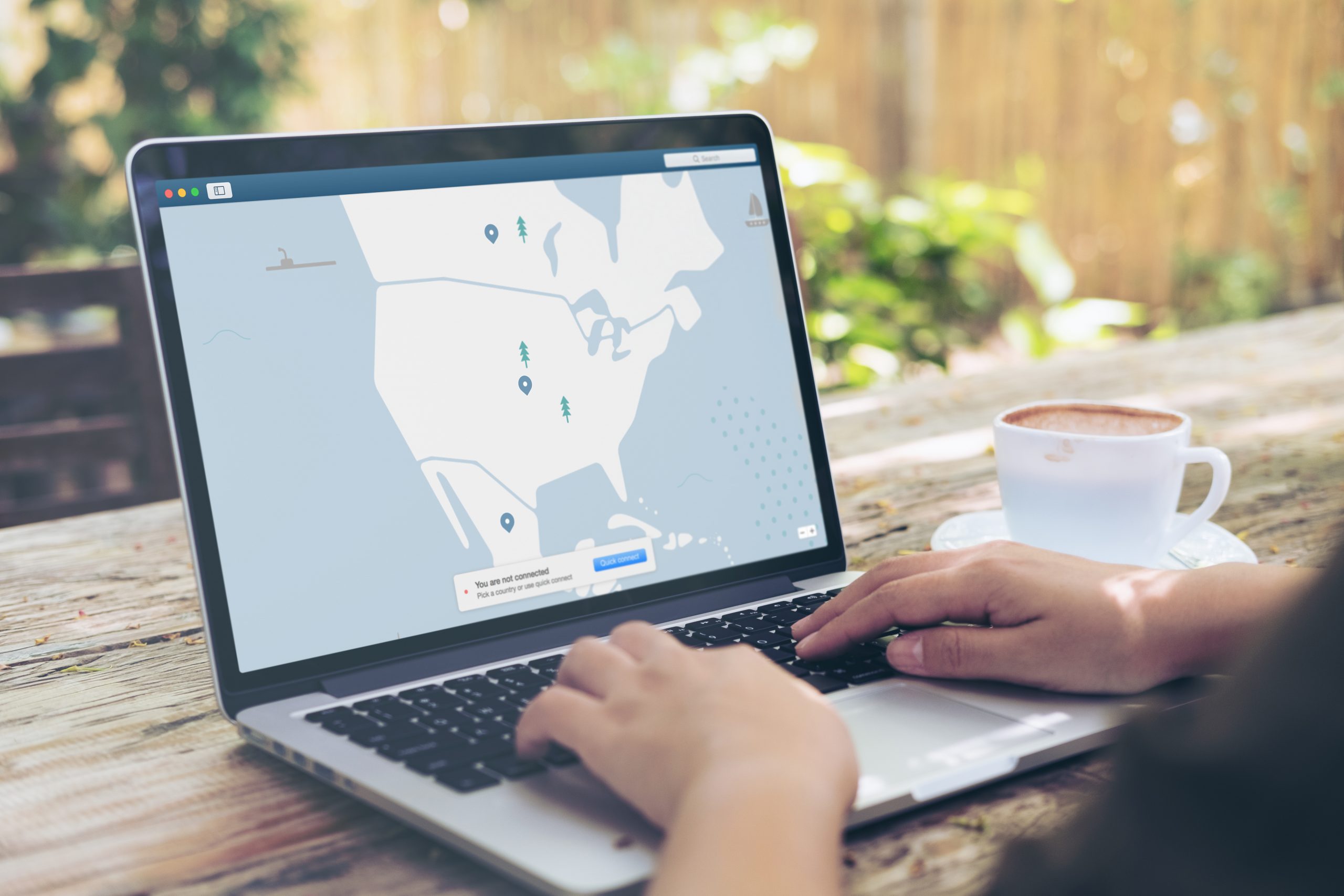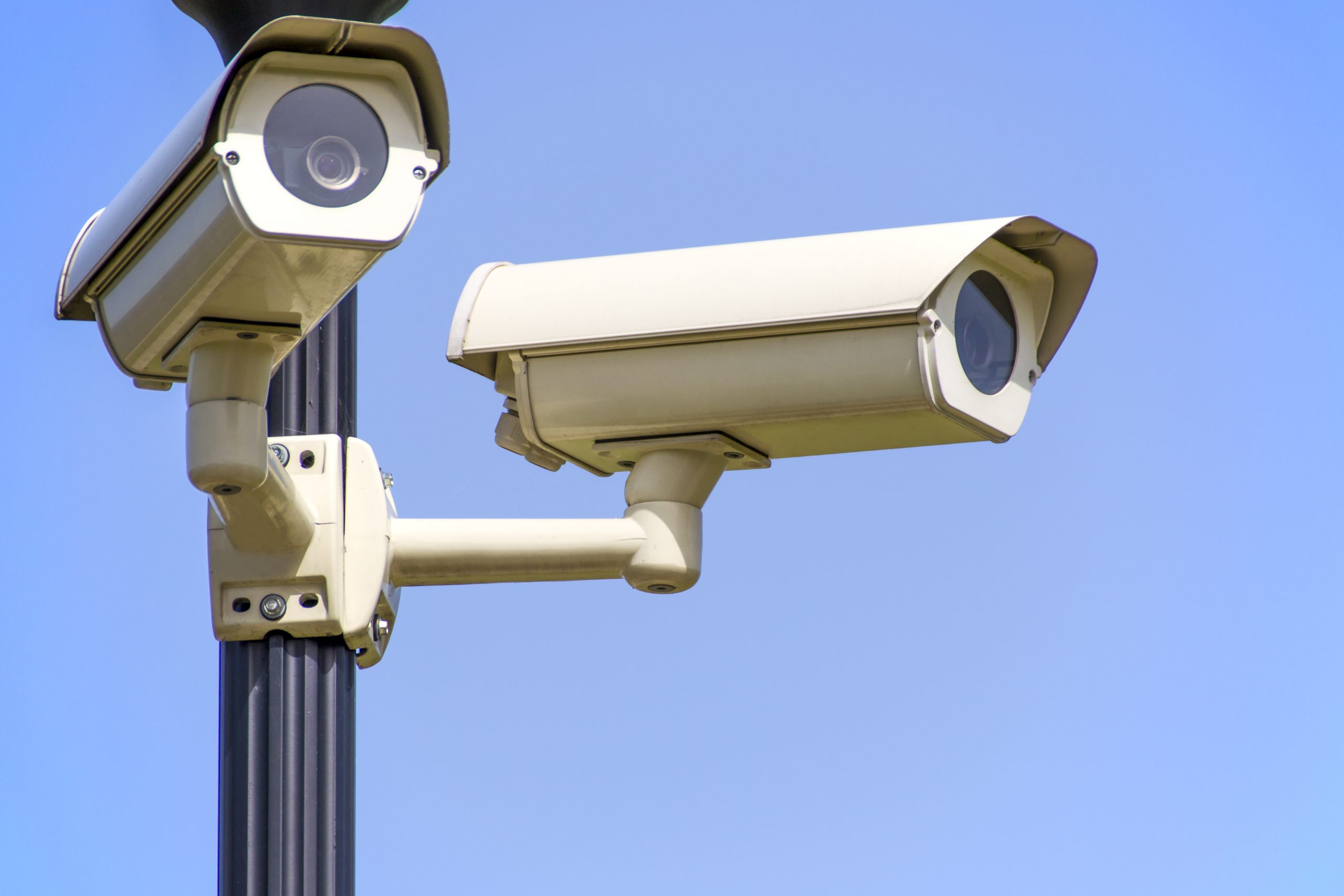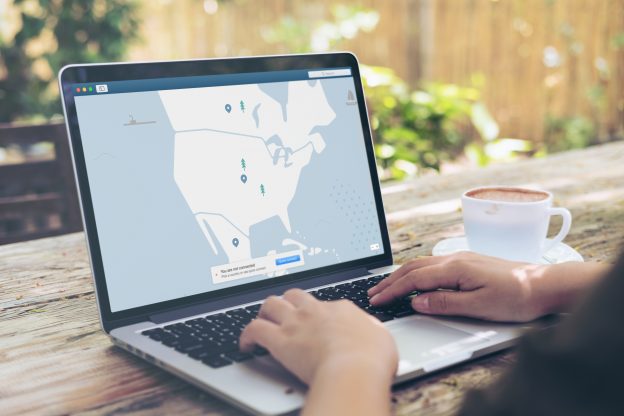In today’s digital age, the collection and use of data have become an integral part of conducting business. However, with the implementation of the California Consumer Privacy Act (CCPA), businesses are now required to ensure the protection and transparency of consumer data. This article aims to provide a comprehensive understanding of CCPA data collection, shedding light on its significance, implications, and the necessary steps businesses need to take to comply with this legislation. By exploring frequently asked questions and providing succinct answers, this article equips business owners and decision-makers with the knowledge they need to navigate the complexities of CCPA data collection and ultimately seek legal counsel for expert guidance.

1. What is the CCPA?
The California Consumer Privacy Act (CCPA) is a comprehensive privacy law that was enacted in California in 2018. It aims to enhance consumer privacy rights and regulate the collection and use of personal information by businesses operating in California. The CCPA provides individuals with greater control over their personal data and imposes obligations on businesses to be transparent about their data collection practices.
1.1 Definition of CCPA
The CCPA is a state-level legislation in California that establishes rules and regulations regarding the collection, use, and disclosure of personal information by businesses. It sets forth various requirements and obligations for businesses and grants consumers certain rights over their personal data.
1.2 Purpose of CCPA
The primary purpose of the CCPA is to enhance consumer privacy rights by giving individuals more control over their personal information. It provides individuals with the right to know what personal data is collected about them, the right to request deletion of their personal information, and the right to opt-out of the sale of their personal data.
1.3 Applicability of CCPA
The CCPA applies to businesses that operate in California and meet certain criteria. A business is subject to the CCPA if it meets one or more of the following conditions: (1) has annual gross revenues over $25 million; (2) buys, receives, or sells the personal information of 50,000 or more consumers, households, or devices; or (3) derives 50% or more of its annual revenue from selling consumers’ personal information.
1.4 Key provisions of CCPA
The CCPA includes several key provisions that businesses must comply with. Some of the main requirements under the CCPA include providing consumers with notice about the collection and use of their personal information, obtaining consumer consent for data collection and sharing, implementing data security measures, and ensuring the rights of consumers are respected.
2. Understanding Data Collection under CCPA
2.1 Definition of data collection
Data collection under the CCPA refers to the gathering, acquisition, recording, or storing of consumers’ personal information by businesses. Personal information includes any information that identifies, relates to, or could reasonably be linked, directly or indirectly, with a particular consumer or household.
2.2 Types of data collected under CCPA
The CCPA covers a wide range of personal information collected by businesses. This includes but is not limited to, names, addresses, email addresses, social security numbers, financial information, geolocation information, browsing history, and online identifiers.
2.3 Scope of data collection
Under the CCPA, data collection applies to various sources and methods such as directly from consumers, through automated means like cookies, and from third-party sources. It is crucial for businesses to understand the scope of data collection to ensure compliance with the CCPA’s requirements.
2.4 Exemptions to data collection
There are certain exemptions to data collection under the CCPA. For example, publicly available information, certain business-to-business communications, and certain data regulated by federal laws, such as the Health Insurance Portability and Accountability Act (HIPAA) and the Gramm-Leach-Bliley Act (GLBA), may be exempt from certain CCPA requirements. It is important for businesses to determine if any exemptions apply to their data collection practices.
3. Rights and Obligations of Businesses
3.1 Business obligations under CCPA
Businesses subject to the CCPA have various obligations to ensure compliance. These include providing consumers with a privacy notice that informs them about the categories of personal information collected, the purposes for which the information is used, and the rights available to consumers regarding their personal data. Businesses must also implement mechanisms to handle consumer requests to access, delete, and opt-out of the sale of their personal information.
3.2 Consumer rights under CCPA
The CCPA grants consumers several rights over their personal information. These rights include the right to request access to their personal information, the right to request deletion of their personal information, and the right to opt-out of the sale of their personal information. Businesses must be prepared to handle and respond to consumer requests in a timely manner.
3.3 Opt-out and opt-in requirements
The CCPA requires businesses to offer consumers the opportunity to opt-out of the sale of their personal information. Businesses must prominently display a “Do Not Sell My Personal Information” link on their website or mobile app, allowing consumers to exercise their opt-out rights. In certain cases, businesses may also be required to obtain explicit opt-in consent before selling personal information, especially for minors under the age of 16.
3.4 Privacy notice requirements
Businesses subject to the CCPA must provide a comprehensive privacy notice to consumers. This notice should describe the categories of personal information collected, the purposes for which the information is used, the categories of third parties with whom the information is shared, and the rights available to consumers regarding their personal data. Privacy notices must be clear, concise, and easily accessible to consumers.
4. Consent and Privacy Notice
4.1 Consent requirements under CCPA
Consent under the CCPA refers to a clear and affirmative action taken by the consumer to allow the collection, use, and sharing of their personal information by businesses. Businesses must obtain consent before collecting and processing personal information, especially sensitive information such as health-related data or financial information.
4.2 Methods of obtaining consent
The CCPA does not prescribe specific methods for obtaining consent. However, businesses must ensure that the consent mechanism used is clear, conspicuous, and easy for consumers to understand. This can be achieved through clear language, checkboxes, or other user-friendly methods that explicitly indicate the consumer’s agreement.
4.3 Contents of privacy notice
Privacy notices must contain specific details about the data practices of businesses. This includes information about the categories of personal information collected, the purposes for which the information is used, the recipients of the information, and the rights of consumers. It is important for businesses to provide a comprehensive and transparent privacy notice to ensure compliance with the CCPA.
4.4 Display and accessibility of privacy notice
The CCPA requires businesses to make their privacy notices easily accessible to consumers. This can be achieved by displaying the notice on the business’s website homepage or mobile app landing page. Additionally, businesses must ensure that the privacy notice is written in plain language and is readily available to consumers in an easily understandable format.
5. Data Processing and Security Measures
5.1 Lawful and limited purposes of data processing
Under the CCPA, businesses may only process personal information for lawful and limited purposes. This means that businesses must clearly identify the purpose for which they are collecting and using personal information and ensure that it aligns with a legitimate business need. Data processing for any other purposes requires obtaining separate consent from the consumer.
5.2 Data security standards
The CCPA requires businesses to implement reasonable security measures to safeguard consumers’ personal information. These measures should be designed to protect against unauthorized access, deletion, alteration, or disclosure of personal information. Businesses must assess their security practices regularly and take appropriate steps to address any vulnerabilities.
5.3 Data breach notification requirements
In the event of a data breach that exposes personal information, the CCPA requires businesses to provide notice to affected consumers. The notice should include information about the breach, the types of personal information that were compromised, and any steps that consumers can take to protect themselves. Data breach notifications must be provided in a timely manner, usually within 45 days of the breach.
5.4 Retention and deletion of data
The CCPA imposes limitations on the retention of personal information. Businesses must not retain personal information for longer than necessary to fulfill the purposes for which it was collected. Upon consumer request, businesses must also delete personal information, subject to certain exceptions. It is essential for businesses to have appropriate data retention and deletion policies in place to comply with the CCPA.
6. Compliance Strategies for Businesses
6.1 Steps to ensure CCPA compliance
To ensure compliance with the CCPA, businesses should take several steps. These include conducting a comprehensive assessment of data collection practices, implementing appropriate policies and procedures, training employees on CCPA requirements, and establishing mechanisms to handle consumer requests. Compliance should be an ongoing process, with regular audits and assessments to identify and address any compliance gaps.
6.2 Implementing internal policies and procedures
Businesses should establish internal policies and procedures to govern their data collection practices. These policies should clearly outline the steps and processes for obtaining consent, handling consumer requests, and ensuring data security. Regular review and updates of these policies will help businesses stay compliant with the CCPA.
6.3 Training employees on CCPA
Educating employees about the requirements and obligations under the CCPA is crucial for compliance. Businesses should provide training sessions to employees, especially those involved in data collection or handling consumer requests. This training will help ensure that employees understand their responsibilities and can effectively handle consumer inquiries or requests.
6.4 Regular audits and assessments
Regular audits and assessments of data collection practices and compliance measures are essential to identify any areas of non-compliance and take corrective action. Conducting periodic reviews will help businesses stay up to date with CCPA requirements and make any necessary adjustments to their data collection and privacy practices.

7. Data Sharing and Selling
7.1 Requirements for data sharing
The CCPA imposes certain requirements on businesses when sharing personal information with third parties. Businesses must have appropriate contractual agreements in place with these third parties to ensure that personal information is used only for legitimate and specified purposes. They must also provide consumers with the right to opt-out of the sale or sharing of their personal information.
7.2 Consent for data sharing
When sharing personal information for purposes beyond what is necessary to fulfill a transaction or service requested by the consumer, businesses must obtain explicit consent from the consumer. Consent should be obtained through a clear and affirmative action, such as opting in to a specific data sharing agreement.
7.3 Limits on data selling
The CCPA imposes restrictions on the selling of personal information of consumers. Businesses must provide consumers with the ability to opt-out of the sale of their personal information. Furthermore, businesses must not sell the personal information of consumers under the age of 16 without obtaining affirmative opt-in consent.
7.4 Compliance with data selling obligations
Businesses engaged in the sale of personal information must ensure compliance with the CCPA’s requirements. This includes providing consumers with a clear and conspicuous “Do Not Sell My Personal Information” link, honoring opt-out requests, and implementing mechanisms to verify the identity of consumers making opt-out requests. A robust compliance program will help businesses meet their obligations under the CCPA.
8. Enforcement and Penalties
8.1 Regulatory enforcement authorities
The CCPA grants enforcement authority to the California Attorney General’s Office, allowing them to bring actions against businesses for non-compliance. Consumers also have a private right of action for certain data breaches. Various regulatory authorities, such as the Federal Trade Commission (FTC), may also play a role in enforcing CCPA requirements.
8.2 Penalties for non-compliance
Businesses that fail to comply with the CCPA may be subject to significant penalties. The California Attorney General’s Office can seek civil penalties of up to $7,500 per intentional violation and $2,500 per unintentional violation. Consumers also have the right to seek damages if their personal information is subject to certain data breaches.
8.3 Legal implications and consequences
Non-compliance with the CCPA can have serious legal implications for businesses. In addition to facing monetary penalties, businesses may also experience reputational damage, loss of consumer trust, and potential lawsuits. It is crucial for businesses to take necessary measures to ensure compliance and mitigate any potential legal consequences.
8.4 Mitigation strategies for potential penalties
To mitigate potential penalties, businesses should proactively take steps to comply with the CCPA and implement effective data protection and privacy practices. This includes identifying and addressing compliance gaps, establishing robust privacy programs, and conducting regular risk assessments and audits. Seeking legal counsel for advice and guidance can also be beneficial in navigating the complexities and mitigating the risks associated with CCPA compliance.

9. Impact of CCPA and Other Laws
9.1 Interplay between CCPA and other privacy laws
The CCPA intersects with other privacy laws, both at the state and federal level. Businesses subject to the CCPA must be mindful of these interconnections and ensure compliance across all applicable laws. Examples of other privacy laws that may overlap with the CCPA include the European Union’s General Data Protection Regulation (GDPR), the Health Insurance Portability and Accountability Act (HIPAA), and the Gramm-Leach-Bliley Act (GLBA).
9.2 Similarities and differences with GDPR
The CCPA and the GDPR share similarities but also have notable differences. Both laws focus on enhancing consumer privacy rights and regulating the collection and use of personal information. However, the GDPR applies to businesses that process the personal data of EU residents, while the CCPA applies to businesses operating in California and handling the personal information of California residents. Understanding the similarities and differences between these laws is essential for businesses that operate internationally or have a presence in both California and the EU.
9.3 International data transfers and compliance
Data transfers between countries can pose challenges for businesses in terms of compliance with privacy laws. The CCPA includes provisions regarding the transfer of personal information outside of the United States. Businesses must ensure that they have appropriate mechanisms in place to comply with international data transfer requirements and protect the privacy rights of individuals.
10. CCPA Compliance Checklist
10.1 Identifying covered information
- Identify the personal information your business collects, processes, and shares.
- Determine if any exemptions apply to your data collection practices under the CCPA.
10.2 Assessing data collection practices
- Review and assess your data collection practices to ensure compliance with CCPA requirements.
- Identify the sources and methods of data collection and review the types of personal information collected.
10.3 Establishing privacy notice and consent mechanisms
- Create and display a comprehensive privacy notice that complies with CCPA requirements.
- Implement mechanisms to obtain consent and handle consumer requests, including opt-out and opt-in mechanisms.
10.4 Implementing data security measures
- Establish appropriate security measures to protect personal information from unauthorized access, deletion, alteration, or disclosure.
- Regularly review and update data security practices to address any identified vulnerabilities.
10.5 Creating a data breach response plan
- Develop and implement a data breach response plan to ensure timely and effective notification of affected consumers in the event of a data breach.
- Establish processes to verify the identity of consumers making opt-out requests and handle opt-out requests promptly.
These FAQs are intended for general informational purposes only and should not be construed as legal advice. For specific legal advice tailored to your situation, please consult with a qualified attorney.
FAQs:
Q1: What businesses are subject to the CCPA? A1: Businesses that meet certain criteria, such as annual gross revenues over $25 million or handling the personal information of 50,000 or more consumers, households, or devices, are subject to the CCPA.
Q2: What rights do consumers have under the CCPA? A2: Consumers have the right to know what personal information is collected about them, request deletion of their personal information, and opt-out of the sale of their personal data.
Q3: How can businesses obtain consent under the CCPA? A3: Consent can be obtained through clear and affirmative actions, such as checkboxes or other user-friendly methods that explicitly indicate the consumer’s agreement.
Q4: What are the penalties for CCPA non-compliance? A4: The California Attorney General’s Office can seek civil penalties of up to $7,500 per intentional violation and $2,500 per unintentional violation. Consumers also have the right to seek damages for certain data breaches.
Q5: How does the CCPA intersect with other privacy laws? A5: The CCPA intersects with other privacy laws, such as the GDPR, HIPAA, and GLBA. Businesses must ensure compliance across all applicable laws to protect consumer privacy rights.
These FAQs are provided for informational purposes only and do not constitute legal advice. Please consult with a qualified attorney for guidance specific to your situation.
